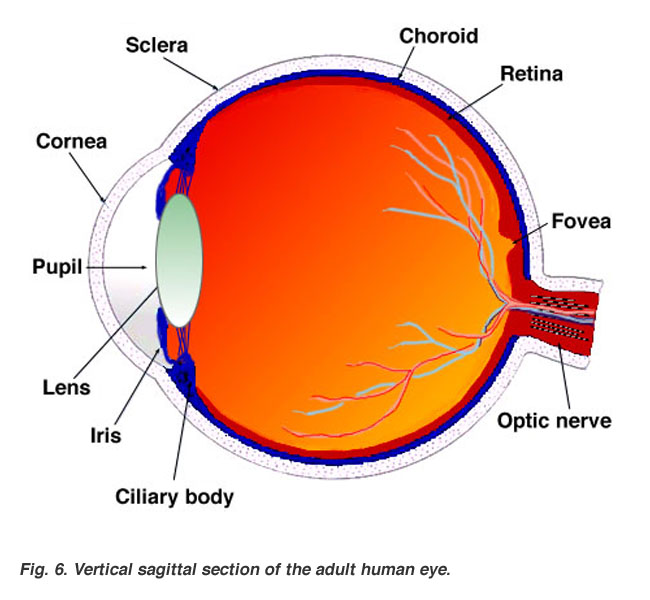
You have to love this excerpt from a Genetic Engineering News opinion piece, by Dr. Alan McHughen:
Full text
"The Flying Spaghetti Monster Argument
Advocates of intelligent design seem to think (or rather believe) that if they can successfully discredit the theory of evolution, then the remaining explanation for life on Earth is the theory of intelligent design. This is wrong on two counts.
First, even if evolutionary theory is wrong in its entirety, there may be any number of other explanations for how the Universe came to be. Certainly intelligent design is one possibility, but another possible explanation is, in the words of some pundits, an all powerful Flying Spaghetti Monster (FSM).
Indeed, there is just as much testable evidence supporting the FSM as there is for the ID, so both are equally valid and equally invalid. If supporters of ID win their court cases and ID is taught in public schools as an alternative to evolution, then the supporters of the FSM will have an identical case for teaching their beliefs as well.
Second, just because they don't understand it doesn't mean everyone doesn't understand it. Invoking the I don't understand it, so it must be due to a superior being is a lazy contrivance to avoid intellectual pursuit. Pursuing truth following a scientific approach is what makes humans, well, human.
Believers in intelligent design will say flight or the eye are so complicated they could not have evolved through a series of random changes and incremental improvements. They cry, Where are the intermediates?
With an intelligent designer, wings and eyes may have been designed once, fully functional, and distributed to those species enjoying them today. But keen observers (a.k.a scientists) note several proto-eyes, primordial sight organs in primitive species. And flight, far from being a singular event, evolved independently on at least five different occasions to diverse animals.
Without real science, we might never notice, admire, and understand these natural wonders. In spite of the distinctions, many legitimate and capable scientists maintain a strong religious faith. This is no contradiction or paradox. Such scientists segregate their science as a means to explain the natural world and their faith to explain the supernatural world. One is objective, physical, measurable, and amenable to scientific testing. The other is subjective, ethereal, and immeasurable, not amenable to scientific prodding and probing. One is evidence-based, the other is faith-based. And never the twain shall meet, especially not in a science classroom."

5 comments:
Even Scott Minnich, a leading ID proponent from the Discovery Institute, had to admit in court as much!
During that last day [of the Dover trial], the cross-examination of Scott Minnich continued. Stephen Harvey explored a number of issues with Minnich, such as whether the “tests” that Minnich and Behe have proposed were actually being performed by anyone (they aren’t), whether there could be multiple designers (there could be), and whether there might be an … evil … designer (yes, there could be). On that last, though, Harvey did not, at any time, hold his pinky up to the corner of his mouth.
Thankfully, there are enlightened "people of faith" who can reasonably balance their religious beliefs with the tenets of science. The two don't necessarily have to be mutually exclusive.
DAM (Dr. Alan McHughen): "... Believers in intelligent design will say flight or the eye are so complicated they could not have evolved through a series of random changes and incremental improvements. They cry, Where are the intermediates? ..."
SG: Well "W" has clearly indicated that not only does he not possess 'foresight', but he does not have 'hindsight' either ...
Isn't that a kind of 'missing link', 'in sight' development?
Snerd
DAMn (Dr. Alan McHughen): "… And flight, far from being a singular event, evolved independently on at least five different occasions to diverse animals …"
SG: And Wrightly so!
Snerd
SG: I agree with Red that, "... there are enlightened "people of faith" who can reasonably balance their religious beliefs with the tenets commandments of science ...
Snerd
Post a Comment